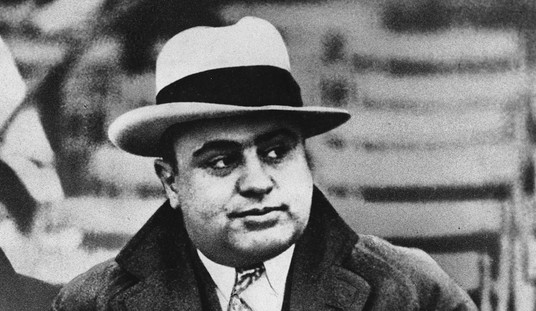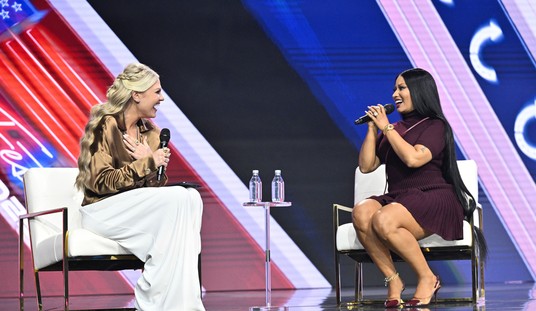Earlier today, I spoke at the Presidential Conference, Tomorrow 2013, as part of a panel on New Media and its impact on traditional news outlets. My invitation to this panel came after the invitation to cover the conference, but it’s a familiar topic for all of us in the New Media world — and perhaps for those in the traditional media world, too. The topic may not have seemed to directly address the main themes of the conference, but a final question did put the argument in a different context.
The participants were:
- Jane Eisner of Forward, moderator
- Renata Peres, media researcher
- Richard Plepler, CEO of HBO
- Phil Griffin, president of MSNBC
- Aluf Benn, editor-in-chief of Ha’aretz
Since I was on stage, I didn’t get any pictures or take any notes, but the discussion was fairly memorable nonetheless. Peres told the audience that her research showed that New Media and social media actually drive people to access the traditional media outlets more, and remain more loyal to them. Benn, whose perspective comes from over thirty years in the print media, spoke of traffic data as a feedback loop on the interests and diversity of his readers. Plepler and Griffin spoke about the communities that form around the product — more on that later — and I spoke about the rise of the blogosphere as a market with low barriers to entry that allow millions to compete against both more traditional outlets as well as each other.
All of us agreed that the real dynamic in play has been consumer choice — and that’s as true on cable as it is on the Internet. I made the point that the choice revolution actually started before the Internet, with the widespread popularity of cable and the so-called fragmentation of the audience. Benn pointed out that most of the rest of that choice, especially among newspapers, came after the Internet, but the process of decentralizing information in the news media had already begun. Also, we agreed that there really isn’t “objective, pure” reporting, but in an age where consumers can choose multiple sources, is that really much of a problem? I argued no, as long as outlets disclose their points of view, and used the British press as a good example.
One final question from the audience stuck with me, though. With all of the talk from Griffin, Plepler, and myself about building communities around specific content — and Griffin and I explicitly cast that in ideological terms — how does that reconcile with the main theme of the conference, which is to break down division to bring peace? Bill Clinton had just finished talking about broadening the definition of “us” in order to achieve peace, and downstairs we were discussing the need to court niche audiences and make them part of their own communities in order to succeed. I’d argue that those are two different contexts and that diversity of political approach isn’t what Clinton was arguing against, but it’s still a question worth pondering.
Note: The conference paid my travel expenses to appear and to write about what I observe, but have no editorial input into my posts.








Join the conversation as a VIP Member